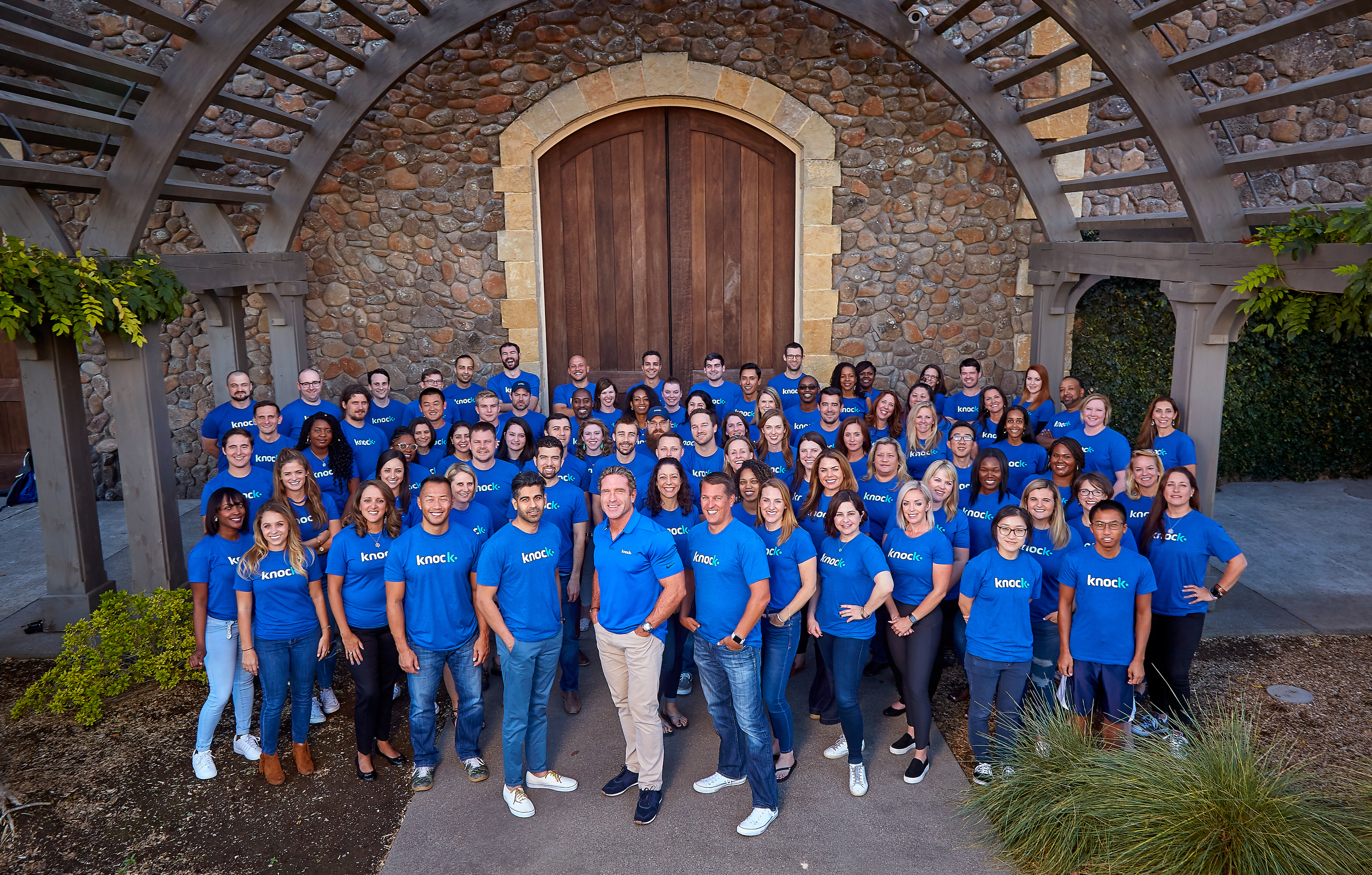//
Tom Griffiths has founded four companies, two of which “weren’t much to write home about,” he jokes. The third captured the world’s attention: FanDuel, the fantasy sports company that was routinely in the press — not always for desirable reasons — from nearly the day it launched, to its near merger with rival DraftKings, to its ultimate sale last May to the European betting giant Paddy Power Betfair in a deal that reportedly saw FanDuel’s founders, along with its employees, walk away with almost nothing at the end of their roller coaster ride.
Little wonder that Griffith’s new, fourth company, Hone, is targeting the comparatively undramatic world of workforce training. Specifically, Hone and his small team have built a platform for modern and distributed teams, inspired largely by FanDuel’s experience of becoming a unicorn at one point in just six years’ time, and growing its team from 5 to 500 people in the process. Looking back, says Griffiths, “We really didn’t have the manager training we wanted or needed.”
In fact, Griffiths had already left the company by the time it was acquired, around his 10th anniversary last year, to “go back to the start.” It was time, he says. FanDuel had grown like a weed. He was exhausted by the many regulators wrestling with whether FanDuel provided a legally acceptable form of gambling. He knew he wanted to work in education, too. “My mom was a teacher,” he offers simply.
Enter Griffith’s newest act, which is just 10 months old at this point. The goal of the San Francisco-based company is to improve people’s skills around leadership management and people management, specifically at companies that already have hundreds of employees and that are wrestling with increasingly distributed and diverse teams.
Hone is obviously not the first company tackling the remote management training or team building. The market already attracts tens of billions of dollars each year. But he insists it will be one of the best, including because it’s unlike a lot of what’s available currently. For one thing, Hone is very anti-traditional workshop. Hone also eschews pre-recorded video, working instead with qualified professional coaches who have to audition for Hone and who are already teaching a growing number of customers 12 different modules, typically in online class sizes of eight to a dozen people.
A company simply signs up, chooses from the programs (these include an intensive manager bootcamp, for example, as well as a manager 101 program), then embarks on what are seven 60- to 90-minute sessions one week for seven weeks.
The idea, in part, is for the learnings to stick. According to Griffiths, trainees forget 70 percent of what they are taught within 24 hours of a training experience. Instilling new lessons and reiterating old ones produces a greater return on investment for Hone’s customers, he suggests.
Hone’s underlying platform is also a differentiator, he says. It contains a reporting interface, so companies can not only see who is in attendance, but they can measure learner feedback (including by gauging how many questions were asked) through students who are asked afterward to provide the company with details about what they’ve learned.
The self-learning platform also gives Hone an easier way to assess how successful, or not, a particular module proves to be, and it allows Hone to continue sharpening its products. In fact, Griffiths says that by working with early, paying customers that include WeWork, Clear, App Annie, Dashlane, Omada Health, SoulCycle and others, Hone has already learned much that it intends to bake into future products,.
“We were in pilot mode last year to get product-market fit.” Now, the company is ready for its close-up, he suggests.
Some new funding should help. In addition to taking the wraps off Hone and opening more widely for business, the company just raised $3.6 million in seed funding led by Cowboy Ventures and Harrison Metal. Other participants in the round include Slack Fund, Reach Capital, Rethink Education, Day One Ventures, Entangled Ventures and numerous relevant angel investors, like Masterclass CEO David Rogier and Guild Education CEO Rachel Carlson.
What the 10-month-old company isn’t sharing publicly just yet is its pricing, which may remain flexible in any case. Says Griffiths, “We work with customers to diagnose their needs, then we create a package, one that’s far more reasonable than classroom training. There’s no travel. No instructor having to come to you.”
Griffiths is more forthcoming when it comes to lessons learned at FanDuel. Among these is aligning one’s self with investors who share a company’s values. He points to Cowboy Ventures founder Aileen Lee, calling her a “towering pillar of progressive values, equality, inclusion and diversity.” What he saw at FanDuel, he says, is that “investors can influence culture. So from the board down, you want people who share your same values.”
Griffiths also stresses the “importance of establishing a strong culture and a vision from the start, and to live that every day as you grow.
“It’s something we did well at FanDuel at some times,” he says, “and not so well at other times.”
Hone founders, left to right: Savina Perez, who was formerly a VP of marketing at CultureIQ, a platform that aims to helps companies strengthen their culture; Tom Griffiths; and Jeremy Hamel, who was formerly the head of product at CultureIQ.

from Startups – TechCrunch https://tcrn.ch/2MjTT7E






